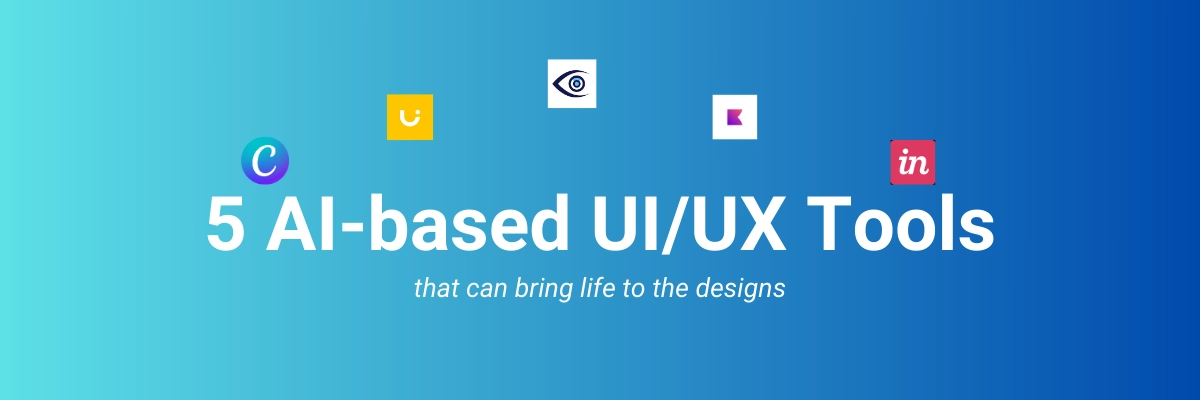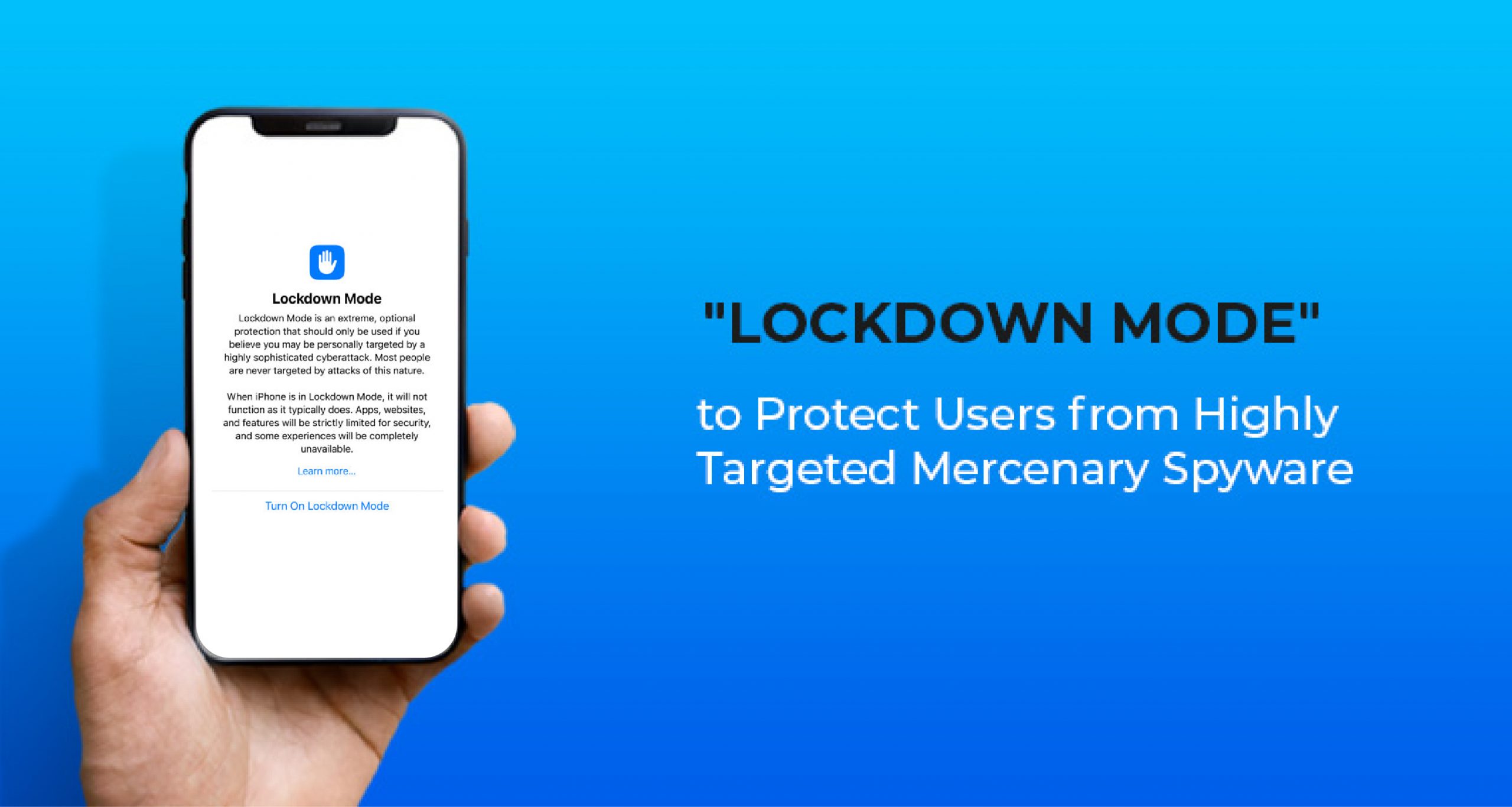



Posted On: January 10, 2024 | min read

With the increasing competition, the business world is facing the most challenge to align the complex processes and workflows in the organization. As the world experiences a pandemic and remote work is becoming the new normal for many large organizations, coping with the digital setup is complex and challenging. Specifically shifting the vast workforce and operations to a hybrid or remote mode is exhausting. Enterprise App development is the way out for the marketeers to adapt to changing market strategies. It helps to lead the force that drives digital transformation. Let’s explore the different perspectives on enterprise app development and how it adds value to businesses.
Mobile devices are primarily used within the workplace and almost more than 60% of employees are comfortable and use apps to complete their job-oriented tasks, The ‘Enterprise Mobility’ concept is a must-have for all organizations. This concept of Enterprise applications also known as enterprise software or business applications is introduced to the world. Developing scalable applications to help businesses facilitate their processes is the main area of enterprise app development. To enhance business operations Enterprise apps help to boost employee efficacy, improve their engagement, and streamline processes.
This trend of using personal devices for work-related tasks led to another concept BYOD, Bring Your Own Device. This practice helped to grow the productivity and efficacy of the employees. However, it requires the management to be more observant as this concept can bring potential security threats.
Enterprise applications are digital tools that provide organizations with solutions to simplify complex procedures and achieve goals by increasing the productivity of the entire workforce. They are cross-functional while helping to set up a company-wide communication system. Businesses are adopting Enterprise applications solutions based on relevance and market availability.
To ensure the organization’s information is accurate among the complex architecture currently, we can rely on 3 major types of applications.
The company-level Enterprise app development is all about providing a comprehensive solution to integrate different departments and functions of an organization resulting in better organizational operations and decision-making.
Example:
Enterprise Resource Planning (ERP)
ERP software is used for integrating accounting, finance, human resources, marketing, and procurement. Using ERP these departments are connected as modules for streamlined distribution of data. Efficiently connect, store, manage, distribute, and interpret data among several numbers of business processes. The ERP systems can be adjusted by organizations for a quick response depending on the industry.
Use cases of ERP
It is beneficial for different industries like:
Project Management
Manufacturing
Marketing
Procurement
Finance and Accounting
To facilitate collaboration, department-level ERP software is the solution. By Enterprise app development you can get more help in coordination, communication, and task management within the departments.
Example:
Supply Chain Management (SCM)
The process of SCM is considered as the whole procedure of production flow that includes an ample number of actions for converting the raw materials into finished and final products or services. Supply Chain Management solution keeps the procedures streamlined. Keeping the work of manufacturers, suppliers, managers, and retailers convenient by helping to track and communicate among other organizations or departments.
Stages of Supply Chain Management stages:
Employee level
To assist individual employees with their daily tasks and responsibilities Custom enterprise mobile app development is done.
CRM is an Enterprise software that contributes to propelling sales and conversion rates by 300%. The primary concept of CRM Enterprise app development is to handle buyer interaction, improve the job of marketers, and increase the capacity of data processing. Decreasing the span of employees’ everyday tasks and gathering client details in one place, CRM helps to achieve better productivity and growth.
Use cases of CRM:
Enterprise applications are used widely across several industries focusing mainly on connecting and streamlining business processes for maximizing efficacy and productivity. Using enterprise software businesses can keep their day-to-day activity and operations more effective in the long run. Here are some key benefits of using Enterprise applications for any organization trying to establish a strong and crisp business procedure.
When you have a global presence the business operations are not regular it is added up with multiple tasks with the regular ones. To drive the growth of the business it is essential to promote the growth, catching up with the latest trends and business processes. Integrating the enterprise applications would also help in amplifying the business processes, streamlining operations, and simplifying the operational areas for a strategically planned future.
Mobile app development for enterprise-level businesses helps reduce the time an employee consumes on average for their everyday tasks also, eliminating the costs of training for those works. If the ERP app development is proper and integrated fully, the employees can spend more time on revenue-generating tasks minimizing redundant manual operations.
Integration of advanced technologies like AI-enabled solutions and RPA (Robotic Process Automation) the efficiency of applications can be improved. Enterprise software helps in replacing the entire legacy systems offering an automated and intelligent solution.
With the growing business, the number of stored and managed continuously increases. The unprecedented growth of data requires accurate management and rigorous tracking for processing the right data and making informed decisions. Implementing the ERP software suite across the organization the management gets a single and centralized monitoring framework for every department and process. Produce reports and analytics at any time for proven sources of facts before decision-making.
One of the main mottos of Enterprise App Development is to automate time-consuming and tedious tasks. Calculating the time and effort one consumes the business processes can be automated easily. One of the major causes of enterprise application development is to convert manual tasks into automated processes and the business can focus more on fundamental tasks.
In this fast-paced digital world data security is one of the major concerns for businesses. Enterprise software has built-in security features to protect confidential data. You can control the access to the software and restrict user access based on their roles and responsibilities. Be assured that only authorized persons can access the portal. Data encryption is also used to convert sensitive data into an unreadable format for any third-party user.
With the increasing demand for enterprise applications, businesses are opting for alternating processes using the software. following the best practices to develop enterprise applications you can overcome certain difficulties like:
GitHub: GitHub is a web-based version for controlling and collaborating tools for software developers where they can store and manage the codes.
In the era of digital transformation, companies must adopt enterprise business software to maximize productivity, increase efficacy, reduce cost, and provide better customer support.


April 11, 2023
Admin wrote

July 8, 2022
Admin wrote


Subscribe to our newsletter